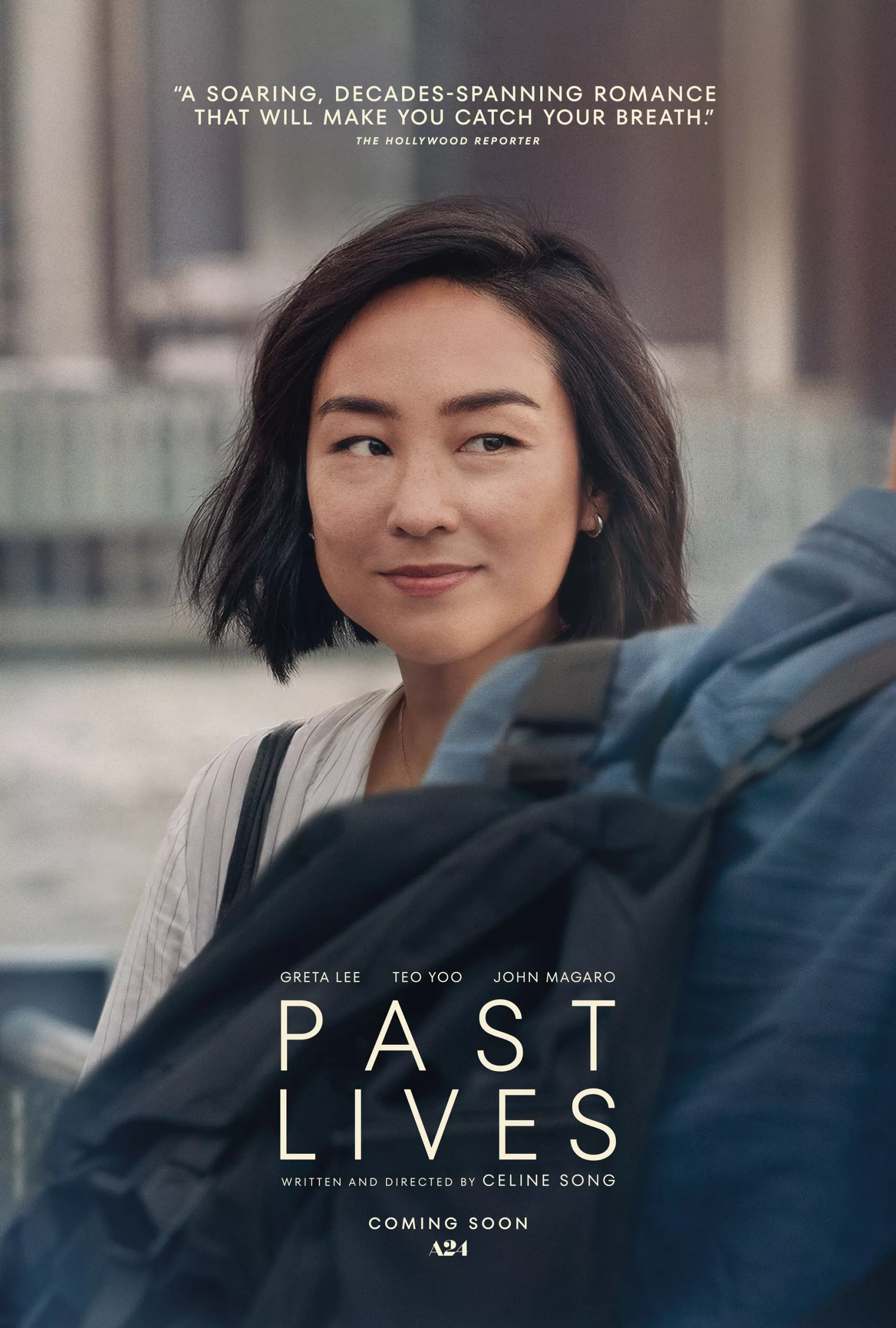Celine Song’s moving debut ‘Past Lives’, the most recent release for distributor and producer A24, is being showered with critical acclaim, but this sort of praise is nothing new for the studio. We’ve all seen it — the flashing white and RGB animated logo that characterises one of the most rapidly-rising studios of this century, and which has now formed a distinct brand, and spawned a dedicated cult following.
The studio was founded in 2012 by Daniel Katz, David Fenkel and John Hodges, with a name lifted from the Italian A24 motorway that Katz was driving along when he decided to found the company. Such a name seems fitting: the A24 motorway crosses hilly and mountainous terrain, forcing it to employ several daring and unorthodox civil engineering solutions, mirroring the novel storytelling techniques employed by A24’s own films. Whilst these have no singular common characteristic, tending to span diverse genres, settings and plots, still many recognise elements of their films that make them distinctly ‘A24’.
Since their inception, A24 films have risen almost exponentially into the public consciousness, producing and distributing landmarks of contemporary cinema like ‘Lady Bird’, ‘Ex Machina’, ‘Moonlight’ and ‘Hereditary’.
It would be far-fetched to state that these films have anything remotely in common, but they are alike in their unique tone and voice. Perhaps the film that best encapsulates the studio’s philosophy is ‘Swiss Army Man’. This film, by the same directors as ‘Everything Everywhere All At Once’, centres on a relationship between a castaway and a farting corpse. Most distributors were hesitant to pick it up, but A24 leapt at it. It seems that they saw in ‘Swiss Army Man’ something that traditional studios did not – that its bizarre gimmick and strange humour wasn’t a turn-off, but in the age of the internet, was a unique selling point that could market the film. They believed that the film’s unique voice and storytelling would stand out, especially in a world of increasingly risk-averse mainstream studio releases.
The reason this comes through so distinctly is the fact the company works almost exclusively with writer-directors and pride themselves on being creator-driven. Thus, their films often feel intensely personal and hand-crafted, with edges that haven’t been worn down by multiple redrafts from different writers and studio interference. Through their fundamental loyalty to filmmaker vision, A24’s films, in all their differences, are often characterised by their focus on character relationships and dynamics, bringing out the best and worst human qualities and allowing a post-watch self-reflection.
‘Past Lives’ is a striking example of these personal films, marked by an individual ‘authorial voice’. Through its references to migrant experience shaping the protagonist’s sense of identity, ‘Past Lives’ feels deeply personal to Celine Song herself, just as the autobiographical elements of nostalgia, grief and loss do to director Charlotte Wells in the A24-distributed ‘Aftersun’. This focus on human emotion is also evident within ‘The Lighthouse’, which explores mental deterioration induced by insanity and isolation, and within ‘Hereditary’, which explores grief and anguish. Perhaps most notably, this is demonstrated through ‘Moonlight’, which achieved A24’s first Academy Award in the infamous envelope mixup of 2017. The film follows the protagonist through his internal, interpersonal and societal conflicts of grief, race, masculinity, identity and sexuality, giving a voice to underrepresented voices in cinema, as many other A24’s films similarly do. Though these films are vastly different in both their settings and narratives, they all offer audiences a fresh, personal perspective, and the fact that A24’s films consistently achieve this is a feat achieved by few other studios.

We can’t say that every A24 film has been critically raved about, but they have certainly had their fair share of success. Perhaps a more cynical person would say that A24’s unexpected popularity lies not in their unique obsession with ‘authorial voice’, but with their tactical marketing strategies, utilising social media to appeal to a young demographic, like their ‘Ex Machina’ ad campaign that saw the creation of a Tinder account for the AI antagonist Ava.
Regardless, A24 is no longer simply the flashing logo that appears on-screen but rather has established an entire brand with its own identity of film, one that allows contemporary cinema viewers to recognise their work even without such a logo. The future of cinema is exciting, and I have little doubt that this inquisitive and innovative studio will be at the forefront of that.


